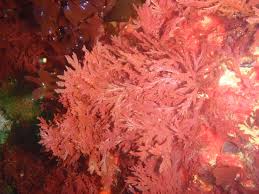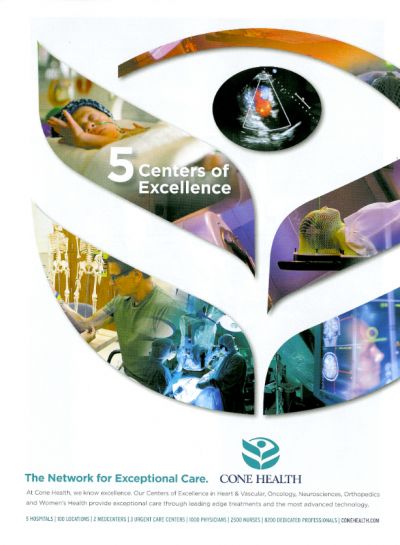Carrageenan is one of the most misunderstood food additives that we have today. There are a lot of myths and misconception surrounding the health benefits as well as the side effects of the additive. The truth is that carrageenan is available in most of the food products that we have on the market today. It has some side effects when used in excess, but the truth is that it is a safe food product when used in the right amounts. Here are some facts to help you in getting a good understanding of the product:
What is the source of Carrageenan?
Carrageenan is obtained from a specific breed of red seaweed. It is harvested, dried and then treated to obtain the Carrageen product. The reason why many scientists question the safety of Carrageenan is the process of managing and processing the product. Scientists argue that treating the seaweed with an alkaline solution is likely to be dangerous and cause harmful effects. This is because when the seaweed is treated with an acidic solution, it produces a dangerous substance.
How is Carrageenan used?
Carrageenan is used in many food industries, and it is an additive in most of the foods that we eat. It is used in fruit juices, infant formula and also in many of the meat products. The reasons why many food industries use the product is due to its binding properties. It can bind the protein but does not necessarily have additional benefits when it is used commercially.
Are there health benefits of Carrageenan?
Studies have shown that Carrageen has some health benefits although not all of them have yet been confirmed. It is believed that the product is a good antioxidant and it is very beneficial for supporting the health of cells. Using the product is also beneficial for a good digestive system because it provides digestive health support. However, it is important to use Carrageenan in moderation according to the recommended dosage.

Myths and misconceptions
Some scientists argue that Carrageenan is not safe for human consumption. The argument is because when Carrageenan is processed with acidic solutions, it is dangerous to human beings. However, when processed with an alkaline solution, it is safe. Since the difference in ph is small, it might be dangerous for consumption. Fortunately, it has not been linked to any diseases and ailments such as cancer.


